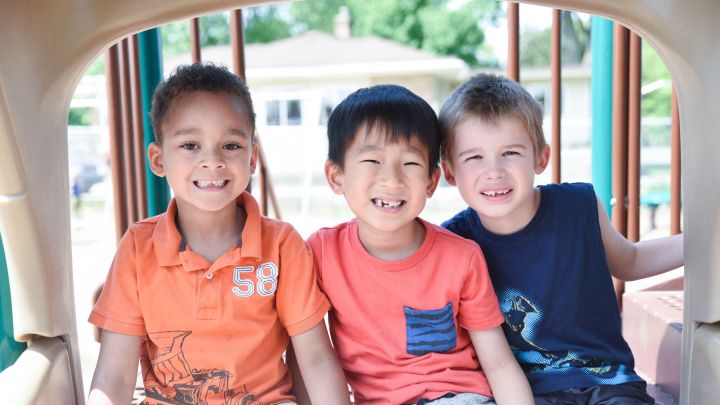The Benefits of Journaling
We do not learn from experience…we learn from reflecting on experience. John Dewey (1859-1952)
Life has seemed to move us all into the fast lane. Unfortunately, we are taking our children there with us. In the classroom, the emphasis has shifted from mastery of learning to material coverage. When we rush learning, children may do well on the Friday test, but come Monday, all is forgotten. How do we correct this? How do we help children to think deeply about concepts new to them and not just memorize facts? To do so, it is essential to teach children to reflect on what they are learning.
Journaling as a Form of Reflection
There are many ways one can use to teach children the skill of reflecting. I would like to focus on one that I find to be superior: journaling about what is being learned. Journaling is effective for children (and adults) of all ages and abilities. It is not time-consuming and can take on many different forms. In school, it can be done in all classes from the arts to physical education to math.
A simple way for teachers to use this technique with their students is to pause after presenting new information, asking students to take out their journals and in some way reflect on the concept or information that was just given. Students are free to journal in whatever form best helps them to process the new information. This could be a simple sketch, a graph or diagram, a poem, notes connecting this to prior learning, questions needing clarification, or any form of writing that helps the learner internalize the new teaching.
Just the process of writing in itself is valuable and recent research demonstrates that doing so helps us process the information in different parts of the brain than hearing alone does. For those children who enjoy drawing or sketching to illustrate the concept, there is the added benefit of thinking metaphorically and this may help them think more deeply about the material.
Process with a Partner
Perhaps the biggest benefit of journaling is what comes next. After students have been given five minutes or so to put down their thoughts they are then given time to share their entries with a learning partner. Real learning is now taking place because they must explain their thinking to their partner. Furthermore, they also are now able to see how their partner processed the information. This exchange of thinking and sharing of ideas is learning at its best. From this sharing, misunderstandings can be revealed and new perspectives can be taken. Children are now truly reflecting on their learning. Journal notes make a great way for later study.
Such journaling does not have to be limited to the classroom. People of all ages journal their thoughts on what they read or keep a spiritual journal on their daily devotions. In short, journaling is a fantastic way of recording those thoughts and ideas we really wish to learn and remember and it is always handy for review. The secret is that it forces us to slow down and more deeply consider that which is important to us as learners.

Greg Yoder
Greg Yoder graduated from Calvin College with a BA in education in 1972 and has since attained a masters in special education from Michigan State University with an endorsement in learning disabilities from Grand Valley State University. He served as a special ed teacher and as a teacher consultant at All Belong.
